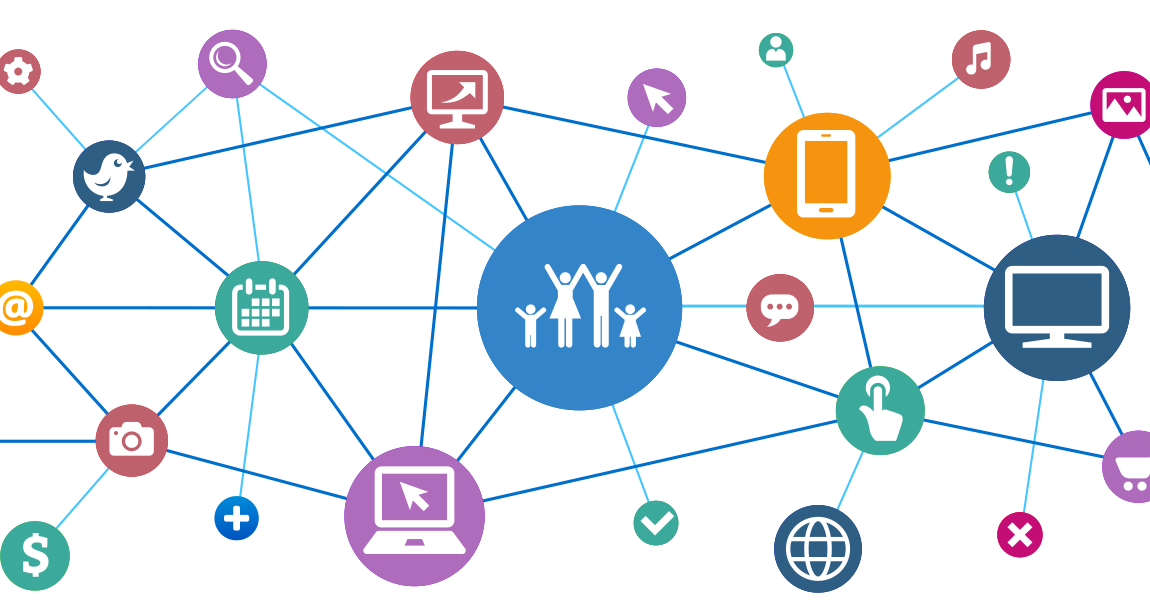
Given the current global health crisis and our new realities, young people and adults alike can easily become overwhelmed.
This time may lead some to feel fear, doubt, and blame. It is important to acknowledge those feelings. We can also work to leverage those feelings into problem solving, critical thinking, creating, and do so with love and compassion. We have a special opportunity during this time to reconnect and to reimagine our future—a new beginning, where we care for and love one another and our planet.
As more and more parents are working from home with their school aged children, there are some great opportunities for families to spend quality time and work together for the greater good.
You don’t have to be a teacher or an expert on Project Based Learning to facilitate a project. What’s most important is that you work together to identify creative solutions that will improve your lives and/or the lives of others. We can use this time to reflect on ourselves, our lives, how we can support one another. We can reflect on what lessons we’re learning, and how we can make changes to better our world.
Here are some ideas for projects for love and new beginnings.
Below is a list of possible projects that you can work on as a family with children of any age or grade level. These projects require varying levels of technology, including none at all. Don’t worry too much about academic learning goals. Your children will practice reading, writing, critical thinking, problem solving, and more with any of these projects.
What’s our family story?
Do a family history project. Research family history, look at photos, call or video chat with family members and interview them. Create a book (paper or digital), oral or performance piece (be sure to record it for the family archives).
How can we demonstrate solidarity with others?
Research a community in a different part of the country or the world. Reach out to members via websites, social media, or email. Develop a campaign together to demonstrate a shared commitment to supporting each other throughout this time.
How do the foods we eat connect us?
Create a family cookbook that highlights recipes and their origins. Consider making it a family cooking show where you highlight the recipe, its cultural and familial significance and cook together.
How can we share what we learn in this time with those who come after us?
Record daily or weekly learnings, observations, wonders, and advice. Identify major themes and note the differences in perspectives. Compile your learning to share with a future generation.
How can we create connections?
Develop new ways for interacting and connecting with others locally and globally. Design a new app for communication, consider how to create regular online local/global interaction, or develop a communication accountability plan.
How can we eat responsibly?
Track food consumption in your household over a period of a week. Have learners determine how much food the household will need to last two weeks, three weeks etc. create a grocery list for that length of time. Consider what the essential food items are and what can be spared. For a more complex project for older children, you could also consider the packaging food comes in, in terms of plastic or other waste.
How can we demonstrate love with limited access to others?
Consider the different types of activities that can be done locally and virtually to support others. Identify the type of services certain populations need. Create a plan to organize the services, and carry it out.
How can we plan for a new reality?
Think about what an ideal new world (a utopia) would be like. Identify the structures, resources, and mindsets needed to make it manifest. Turn it into a sci-fi story, film, painting, or graphic novel.
How can we clear our living space for the greater good?
Think about how much we consume and its impact on the larger world. Consider working together to clean and clear out the living space. What are absolute essentials versus “nice to haves”? Think about how some of what you haven’t been using could benefit others. Organize an event to share/swap resources.
Remember, Project Based Learning can happen anywhere and can help us solve real-world problems.
Now is the time that we can work together as families to creatively think about our lives and our impact. Let’s use the time to center love and make positive change.
